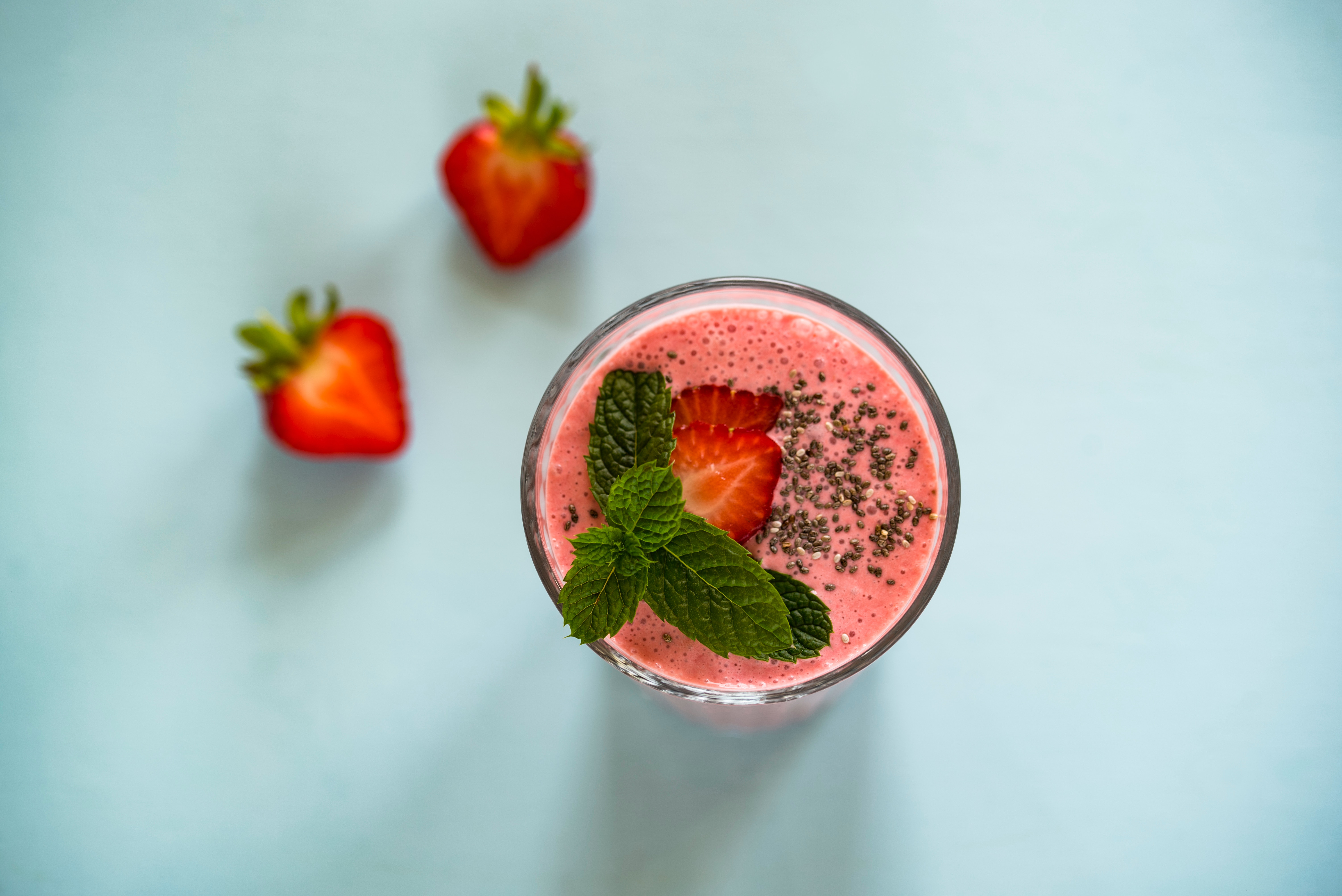This week is Healthy Bones Action Week, aimed at creating awareness around the importance of building and maintaining healthy bones for life! On this topic, a common question I get asked is how to get enough calcium when following a dairy free diet? If you are interested in the answer to this question or simply curious to learn more about calcium rich foods generally, read on below.
How much calcium we need?
The Australian guidelines recommend the following daily intake of calcium:
Girls
9-11 years – 1,000mg
12-13 years – 1,300mg
14-18 years – 1,300mg
Women
19-30 years – 1,000mg
31-50 years – 1,000mg
51-70 years – 1,300mg
>70 years – 1,300mg
Boys
9-11 years – 1,000mg
12-13 years – 1,300mg
14-18 years – 1,300mg
Men
19-30 years – 1,000mg
31-50 years – 1,000mg
51-70 years – 1,000mg
>70 years – 1,300mg
Which non-dairy foods contain calcium?
If you aren’t familiar with which non-dairy foods contain calcium, here is a list of foods (not exhaustive) which can be included in the diet to help meet daily calcium requirements:
100g sardines 430mg
250mL soy milk (calcium fortified) 400mg (and other fortified plant-based milks)
100g salmon (canned with bones) 352mg
100g tofu (set with calcium) 320mg
50g flaxseeds 110mg
50g almonds 110mg
50 dried figs 100mg
50 brazil nuts 75mg
50 blackstrap molasses 100mg
1 cup bok choy 74mg
100g chickpeas 105mg
1 tbsp. tahini 64mg
1 tbsp. almond butter 55mg
1 cup broccoli 43mg
1 tbsp. chia seeds 130mg
50 spinach 50mg
100g kale 150mg
100g black beans 160mg
What dietary factors can impact calcium absorption and retention?
There are many factors, which can impact how much calcium from food our body actually absorbs and also how much our body gets rid of. Some of those factors include:
- Oxalates and phytates – naturally occurring compounds in plant-based foods, can bind to calcium and slow/reduce its absorption
- Excess sodium (salt) intake – can cause the body to excrete more calcium
- Excess protein intake and low protein diets – can cause the body to excrete more calcium
- Caffeine (tea/coffee) – especially if consumed around time of a calcium rich meal – can both inhibit absorption and cause the body to excrete more calcium
- Low intake of fruits and vegetables – diets low in fruits/vegetables generate a large amount of acid, the body then has to buffer this acid which may result in excess calcium loss
- Excess alcohol intake
Breakfast time lends its self very well to being a good opportunity to get in a decent amount of calcium. If you are stuck for non-dairy calcium rich meal ideas, here are 3 to keep on rotation to help boost your overall calcium intake!
Strawberry & Molasses Smoothie
Serves 1
Ingredients
1 cup calcium fortified plant-based milk (eg soy milk)
½ tbsp. blackstrap molasses
3 frozen/fresh strawberries
½ frozen banana, chopped
½ tbsp. LSA or chia seeds
1 handful spinach leaves
ice, optional
Method
Place all ingredients in a blender or food processor and blend until smooth.
Quinoa & Almond Porridge
Serves 1
Ingredients
½ cup cooked quinoa
1 cup calcium fortified plant-based milk
½ tbsp. almond butter
1 dried fig, chopped
1 tbsp. almonds, chopped
¼ cup berries
Method
In a saucepan combine quinoa, milk and fig, gently simmer over a low heat until warm and milk has started to be absorbed. Pour mixture into a bowl and top with almond butter, almonds and berries.
Scrambled Mushroom and Tofu from Falling in Love with Food
Serves: 2
Ingredients
½ Spanish onion, finely diced
1 garlic clove, crushed
1 tomato, diced
1 cup mushrooms (King, enoki, oyster, brown), roughly chopped
1 cup hard tofu organic, crumbled or cubed
1 cup spinach leaves
Handful basil or flat leaf parsley
1 red chilli, finely diced
EV olive oil
Salt to taste
Method
Saute the onion, garlic, chilli, mushroom and tomato in olive oil, until soft.
Then add the tofu cook until warm and add the spinach and herbs.
Drizzle a little olive oil and season.
